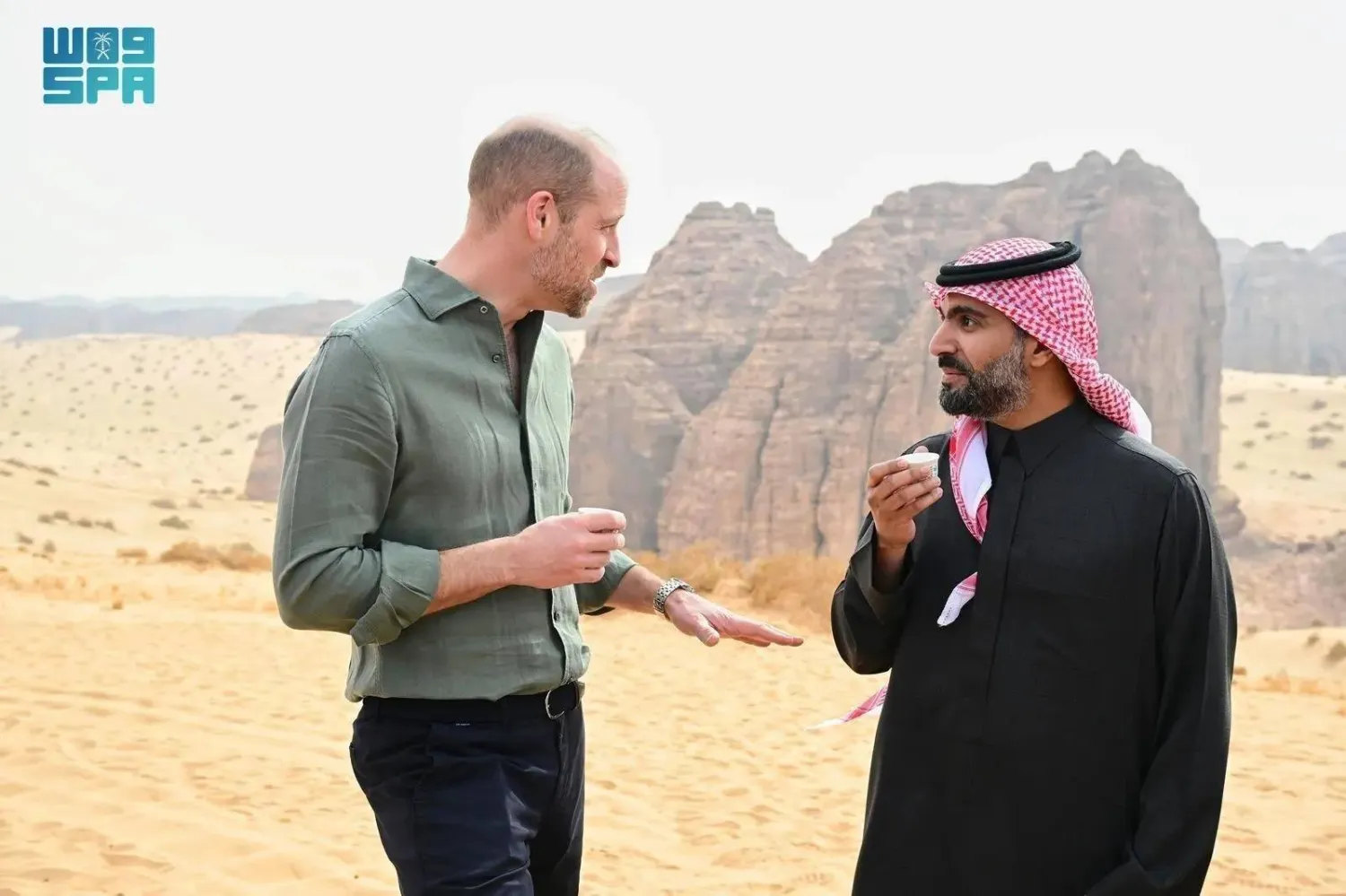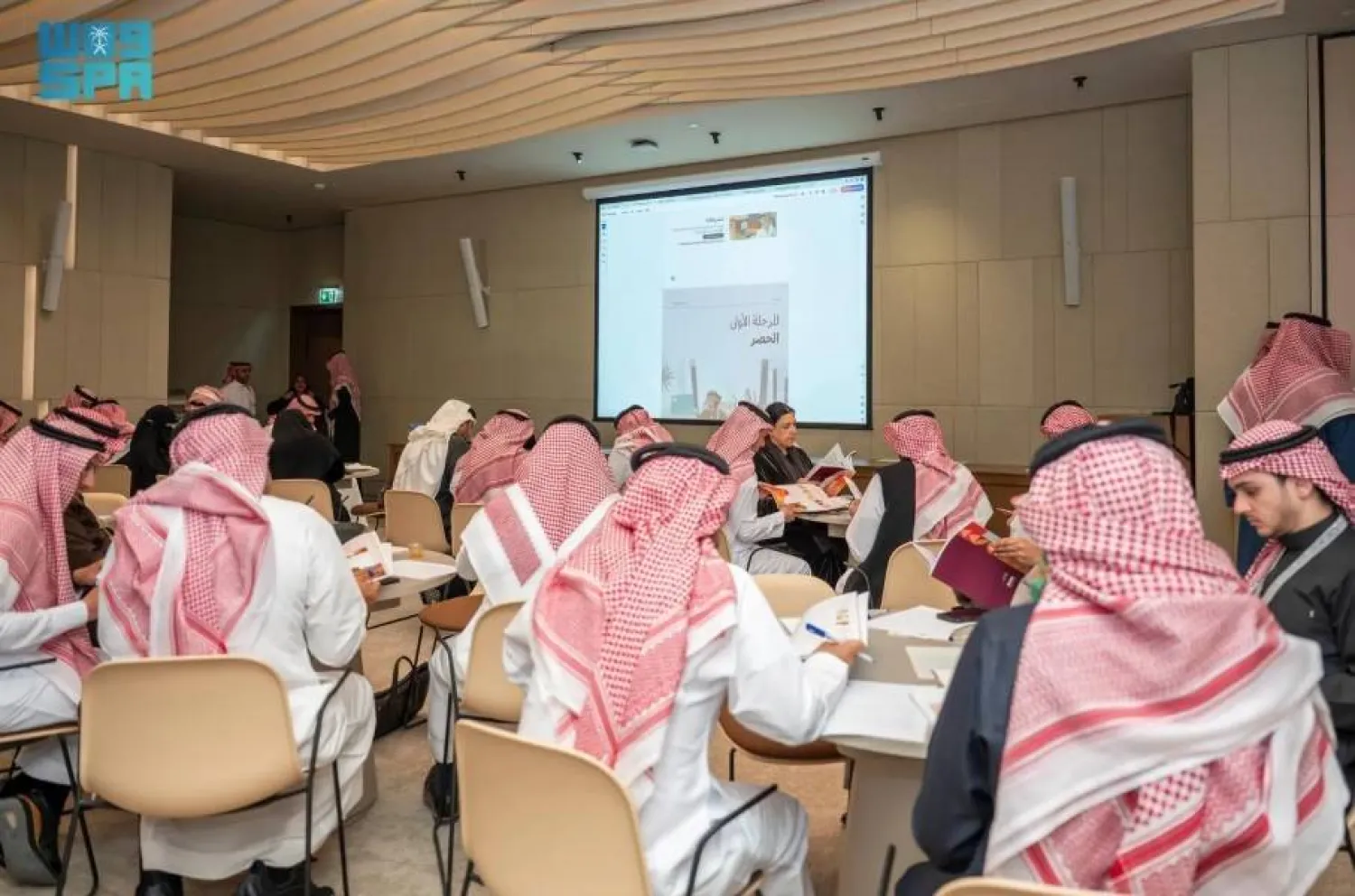South Korean poet and novelist Han Kang was awarded the Nobel Prize in literature Thursday for a poetic and unsettling body of work that the Nobel committee said “confronts historical traumas and exposes the fragility of human life.”
A slow-burning international literary star who has won multiple awards in South Korea and Europe, Han is the first Asian woman and the first South Korean writer to win the Nobel literature prize. She was awarded for books, including “The Vegetarian” and “Human Acts," that explore the pain of being human and the scars of Korea's turbulent history.
Nobel literature committee member Anna-Karin Palm said Han writes about “trauma, pain and loss,” whether individual or collective, “with the same compassion and care.”
“And this, I think, is something that is quite remarkable,” The Associated Press quoted Palm as saying.
Nobel committee chairman Anders Olsson praised Han’s “empathy for the vulnerable, often female lives” of her characters.
“She has a unique awareness of the connections between body and soul, the living and the dead,” Olsson said.
Han is the second South Korean national to win a Nobel Prize. Late former President Kim Dae-jung won the peace prize in 2000 for his efforts to restore democracy in South Korea during the country’s previous military rule and improve relations with war-divided rival North Korea.
Mats Malm, permanent secretary of the Swedish Academy that awards the prize, said he spoke to the author and surprised her with the news.
“She was having an ordinary day, it seems, had just finished supper with her son,” he said. “She wasn’t really prepared for this.”
Han wins the Nobel at a time of growing global influence of South Korean culture, which in recent years has included the success of films like director Bong Joon-ho’s Oscar-winning “ Parasite,” the Netflix survival drama “Squid Game” and the worldwide fame of K-pop groups like BTS and BLACKPINK.
Han, 53, won the International Booker Prize for fiction translated into English in 2016 for “The Vegetarian,” an unsettling novel in which a woman’s decision to stop eating meat has devastating consequences.
Accepting that award, Han said writing novels “is a way of questioning for me.”
“I just try to complete my questions through the process of my writing and I try to stay in the questions, sometimes painful, sometimes — well — sometimes demanding,” she said.
With “The Vegetarian,” she said, ”I wanted to question about being human and I wanted to describe a woman who desperately didn’t want to belong to the human race any longer."
Han made her publishing debut as a poet in 1993; her first short story collection was published in 1995 and her first novel, “Black Deer,” in 1998.
Works translated into English include “Greek Lessons” — about the relationship between a woman who can no longer speak and a teacher who is losing his sight — “Human Acts” and “The White Book,” a poetic novel that draws on the death of Han’s older sister shortly after birth. “The White Book” was an International Booker Prize finalist in 2018.
“Human Acts” — which Olsson, the Nobel committee chair, called a work of “witness literature” — is based on the real-life killing of pro-democracy protesters in Han’s home city of Gwangju in 1980. The book won Italy’s Malaparte Prize in 2017.
Her most recent novel, “We Do Not Part,” is due to be published in English next year. It also confronts a chapter in South Korea's 20th-century history, which saw the country endure war, the division of the Korean peninsula and dictatorship. The novel deals with a 1948-1949 uprising on Jeju, an island south of the Korean mainland in which thousands of people were killed.
Anders Karlsson, a lecturer at London's School of Oriental and African Studies who has translated Han into Swedish, said he was “overjoyed” at the Nobel accolade.
He said Han's “poignant, condensed” prose is able to describe “difficult and dark passages in South Korean history ... in quite open and inviting language that engages and does not deter the reader.”
The literature prize has long faced criticism that it is too focused on European and North American writers of style-heavy, story-light prose. It has also been male-dominated — Han is only the 18th woman among its 120 laureates.
Han Kang Wins Nobel Prize for Literature

10 October 2024, Berlin: A customer in the bookstore Dussmann das Kulturkaufhaus holds a book by 2024 Nobel Prize winner Han Kang from South Korea. Photo: Sebastian Gollnow/dpa

Han Kang Wins Nobel Prize for Literature

10 October 2024, Berlin: A customer in the bookstore Dussmann das Kulturkaufhaus holds a book by 2024 Nobel Prize winner Han Kang from South Korea. Photo: Sebastian Gollnow/dpa
لم تشترك بعد
انشئ حساباً خاصاً بك لتحصل على أخبار مخصصة لك ولتتمتع بخاصية حفظ المقالات وتتلقى نشراتنا البريدية المتنوعة







